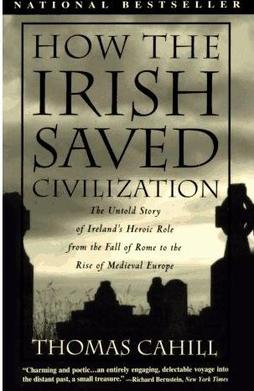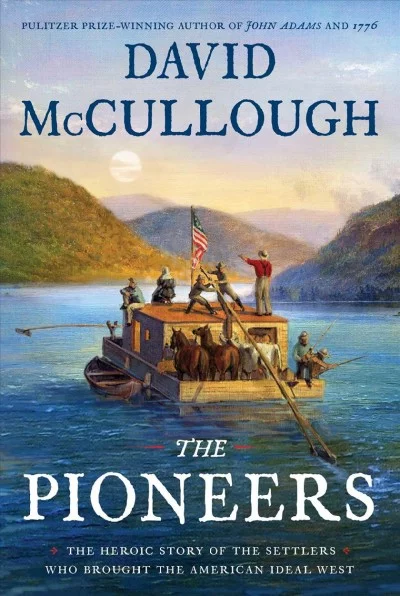In his magisterial “The History of the Decline and Fall of the Roman Empire,” the famed Edward Gibbon places the weight of blame squarely on Christianity’s shoulders.
“As the happiness of a future life is the great object of religion… we may hear, without surprise or scandal, that the introduction… of Christianity had some influence on the decline and fall of the Roman empire. The clergy successfully preached the doctrines of patience and pusillanimity; (lack of courage) the active virtues of society were discouraged; and the last remains of the military spirit were buried in the cloister; a large portion of public and private wealth was consecrated to the specious demands of charity and devotion; and the soldiers’ pay was lavished on the useless multitudes of both sexes, who could only plead the merits of abstinence and chastity.”
Page 20
Of course, Gibbon didn’t pull this out of his thumb. Roman pagans of the later 4th and early 5th centuries already had a long history of blaming Christians for the empire’s troubles. Augustine’s City of God was the Christian rebuttal to all the finger-pointing. It was the sinful behaviour of the Pagans for why Rome was up in flames.
Thomas Cahill rejects the idea that Christianity turned Rome into an empire of jelly tarts. Authentic Christianity hadn’t taken root nearly as much as some have suggested. Christianity at that time
was merely a cloak to be donned and removed, as needed.
Page 26
Nor does he blame the sins of the pagans.
Page 27
The vigorous gods of Rome were not eclipsed by some effeminate eastern fantasy religion. Fecund Venus and bloody Mars did not vacate the field to the pathetic, pacifist Christ. Rather, the life of the old religion had already drained away; and by the time Christianity came to the attention of the Roman gentry, the gods were shadows of their formerly lively selves.
The religious milieu of the day, according to Cahill, was a sort of anemic agnostic paganism with a Christian gloss.
If it wasn’t Christian softness or Pagan sinfulness, what was it? Cahill has a ready answer. Rome fell because:
The changing character of the native population, brought about through unremarked pressures on porous borders; the creation of an increasingly unwieldy and rigid bureaucracy, whose own survival becomes its overriding goal; the despising of the military and the avoidance of its service by established families, while its offices present unprecedented opportunity for marginal men to whom its ranks had once been closed; the lip service paid to values long dead; the pretence that we still are what we once were; the increasing concentrations of the populace into richer and poorer by way of a corrupt tax system, and the desperation that inevitably follows; the aggrandizement of executive power at the expense of the legislature; ineffectual legislation promulgated with great show; the moral vocation of the man at the top to maintain order at all costs, while growing blind to the cruel dilemmas of ordinary life
Page 33
One need only follow the current U.S. news cycle to make a number of unsettling connections.








